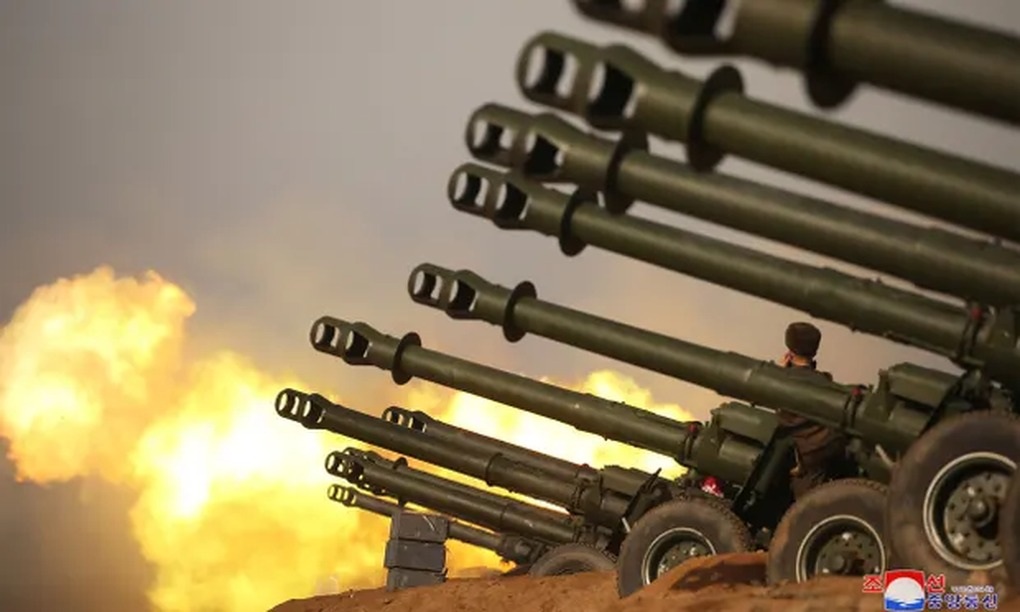
North Korean artillery (Photo: AFP).
North Korea fired about 200 artillery shells off the western coast of the peninsula, forcing Seoul to evacuate civilians on the border islands of Yeonpyeong and Baengnyeong, the South Korean Defense Ministry said today, January 5.
The Korean Central News Agency (KCNA) later quoted a statement from the General Staff of the Korean People's Army saying that the country's coastal defense units fired 192 artillery shells in a live-fire drill.
"This exercise is our military's natural response to the military actions of the South Korean army," KCNA reported.
The KCNA statement asserted that the drills did not affect South Korean islands near the maritime border as claimed by the South Korean side. North Korea accused the South Korean statement of being an "attempt to mislead public opinion".
North Korea also warned of an "unprecedentedly strong reaction" if South Korea continues to make provocative moves.
North Korean artillery shells fell in the maritime buffer zone north of the Northern Limit Line (NLL), which is considered the maritime border between North and South Korea.
The buffer zone was established under an inter-Korean military agreement signed in September 2018 to ease border tensions. North Korea scrapped the agreement in November 2023 after Seoul suspended part of it in protest at Pyongyang's launch of a military spy satellite.
Pyongyang previously fired 170 artillery shells at Yeonpyeong Island in November 2010, killing four people, including two civilians. This was North Korea’s first military action in a civilian area since the 1950-1953 Korean War.
South Korea's Yeonpyeong Island is located in the Yellow Sea, about 80km west of Seoul and 12km south of the coast of Hwanghae Province, North Korea.
The South Korean military said the North Korean artillery attack did not cause any civilian or military damage in South Korea. However, South Korea still sent a strong message to North Korea after the incident.
"This is a provocative act that escalates tensions and threatens peace on the Korean Peninsula," South Korean Defense Minister Shin Won-sik said.
Relations between the two countries on the Korean peninsula are at their lowest point in decades, with both sides blaming each other for the escalating tensions.
North Korean leader Kim Jong-un recently enshrined the country's status as a nuclear power in the constitution. At policy meetings in late 2023, Kim also called for the country to bolster its military arsenal in the face of an armed conflict that he said could "break out at any moment."
South Korea and its ally the United States are also stepping up cooperation to deal with North Korea, such as organizing military exercises and strengthening deterrence measures.
South Korea and the United States recently conducted live-fire land and sea exercises near the border with North Korea. Pyongyang accused Seoul of "self-destruction" and warned of the highest risk of conflict this year.
Source











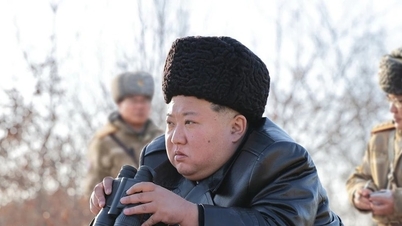





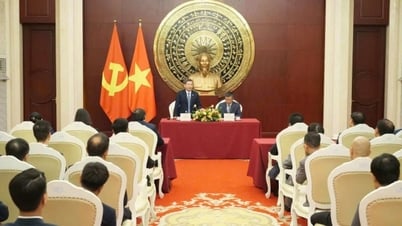

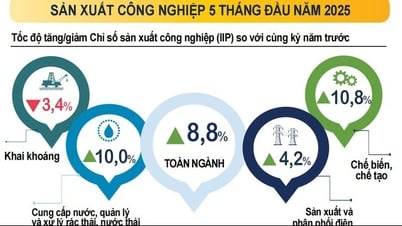
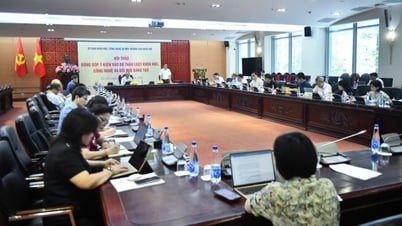


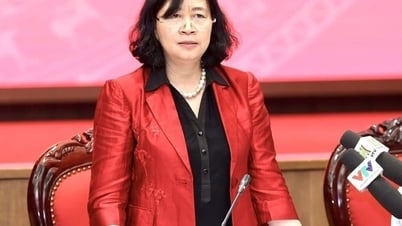





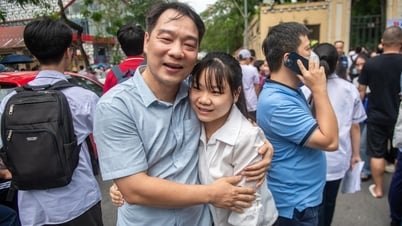
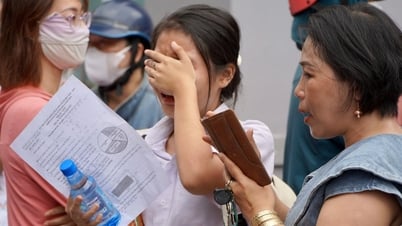




![[Photo] Nearly 104,000 candidates in Hanoi complete procedures to take the 10th grade entrance exam](https://vphoto.vietnam.vn/thumb/1200x675/vietnam/resource/IMAGE/2025/6/7/7dbf58fd77224eb583ea5c819ebf5a4e)






























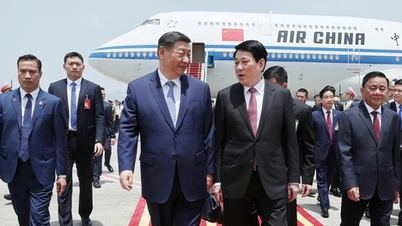
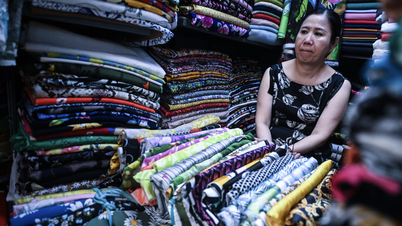


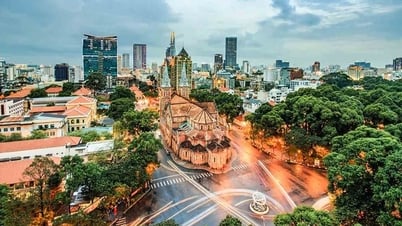




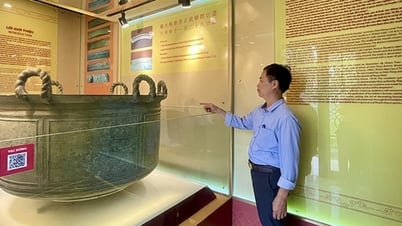


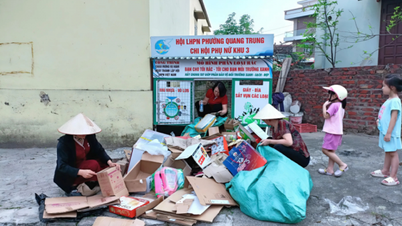

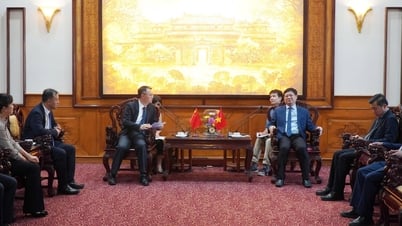






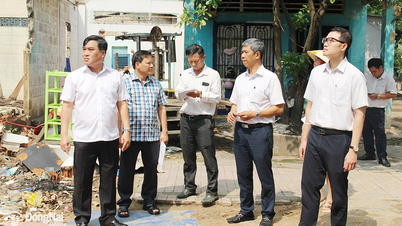








![[OCOP REVIEW] Tu Duyen Syrup - The essence of herbs from the mountains and forests of Nhu Thanh](https://vphoto.vietnam.vn/thumb/402x226/vietnam/resource/IMAGE/2025/6/5/58ca32fce4ec44039e444fbfae7e75ec)




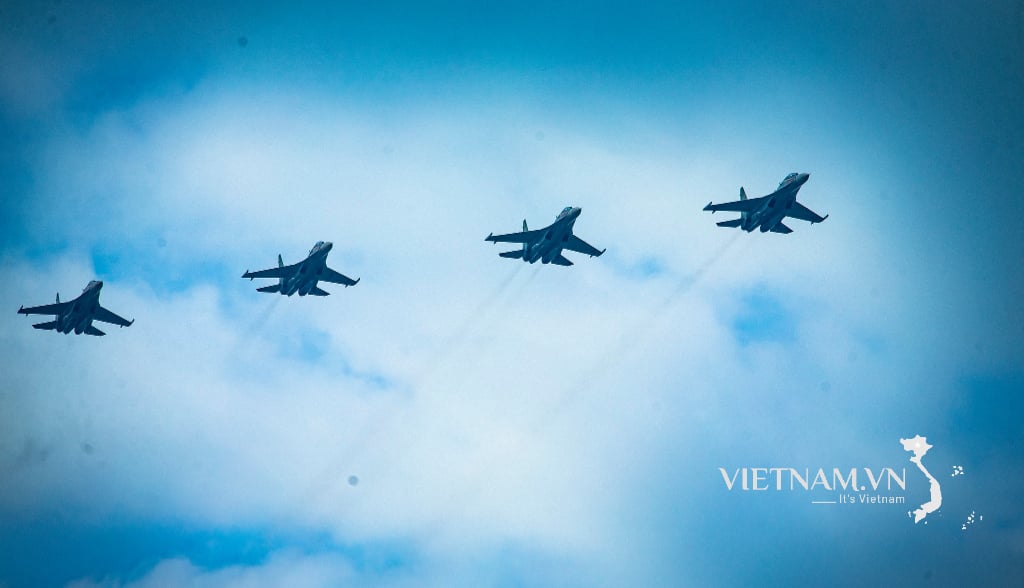


Comment (0)